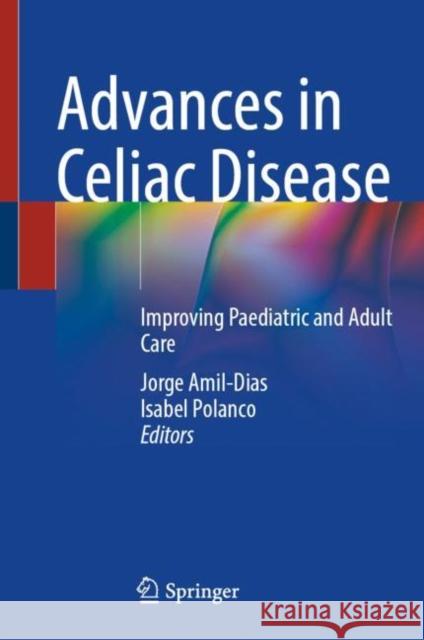Advances in Celiac Disease: Improving Paediatric and Adult Care » książka
topmenu
Advances in Celiac Disease: Improving Paediatric and Adult Care
ISBN-13: 9783030824006 / Angielski / Twarda / 2021 / 240 str.
Advances in Celiac Disease: Improving Paediatric and Adult Care
ISBN-13: 9783030824006 / Angielski / Twarda / 2021 / 240 str.
cena 603,81
(netto: 575,06 VAT: 5%)
Najniższa cena z 30 dni: 578,30
(netto: 575,06 VAT: 5%)
Najniższa cena z 30 dni: 578,30
Termin realizacji zamówienia:
ok. 16-18 dni roboczych.
ok. 16-18 dni roboczych.
Darmowa dostawa!
Kategorie BISAC:
Wydawca:
Springer
Język:
Angielski
ISBN-13:
9783030824006
Rok wydania:
2021
Wydanie:
2022
Ilość stron:
240
Waga:
0.54 kg
Wymiary:
24.13 x 20.57 x 1.27
Oprawa:
Twarda
Wolumenów:
01











